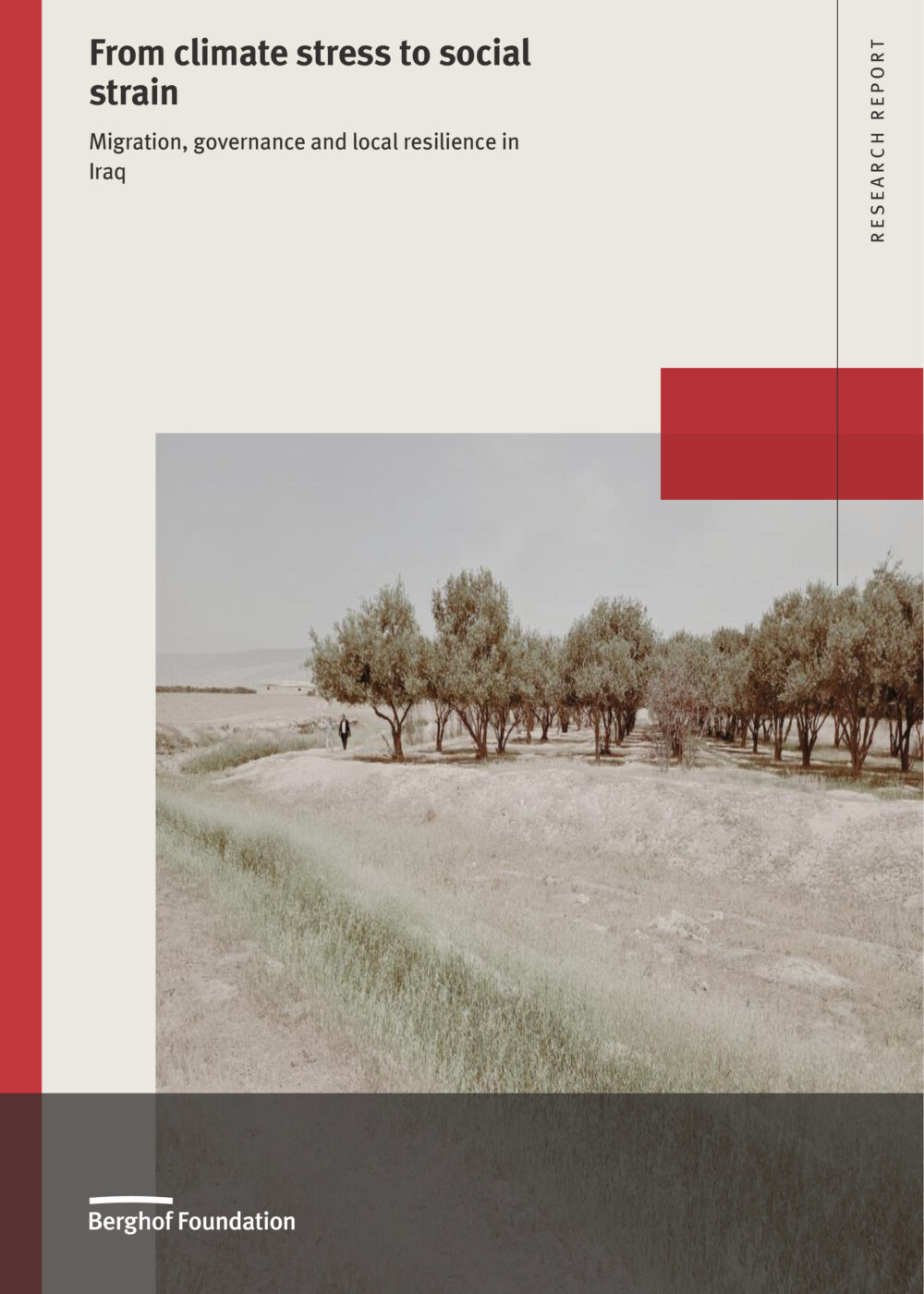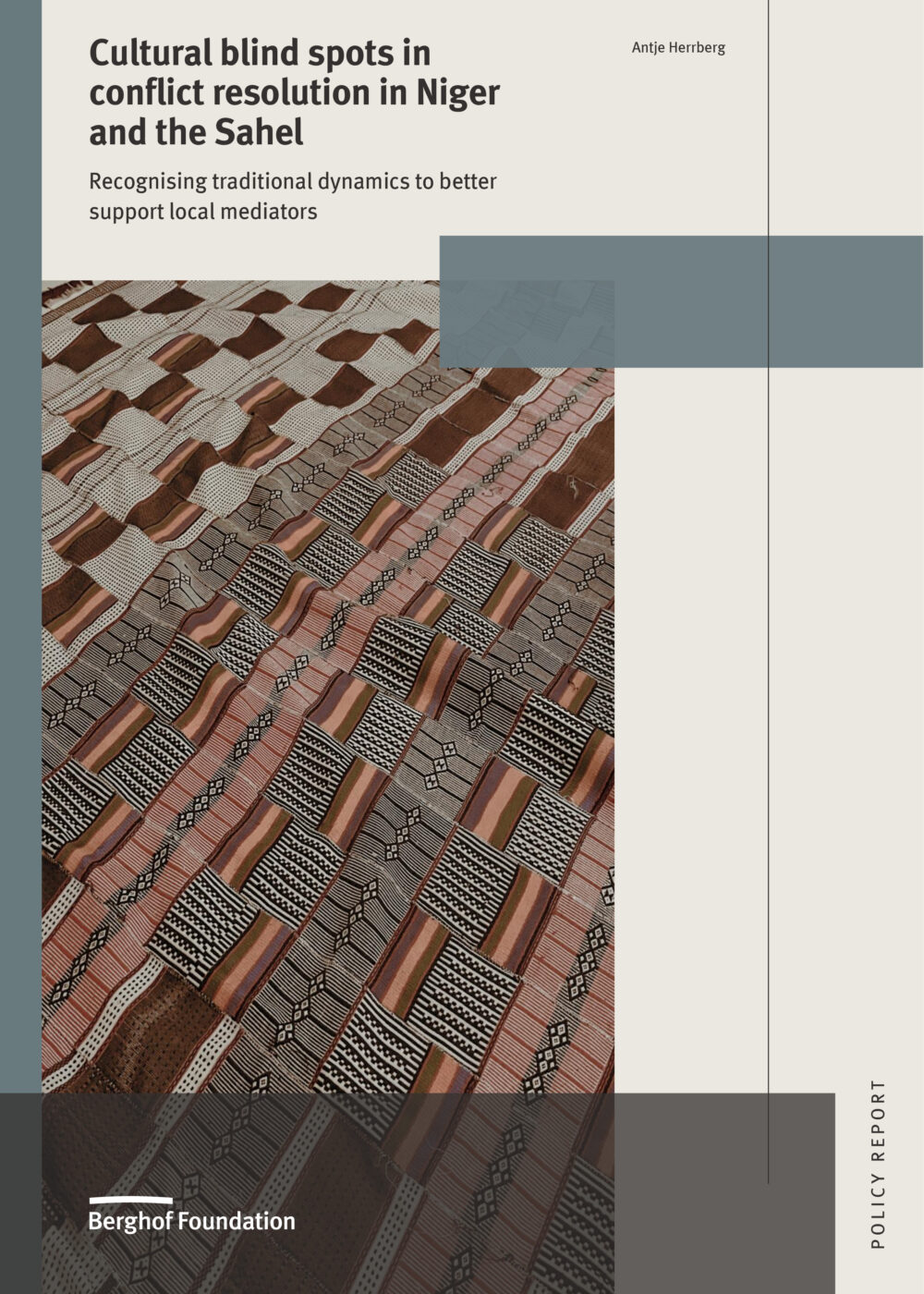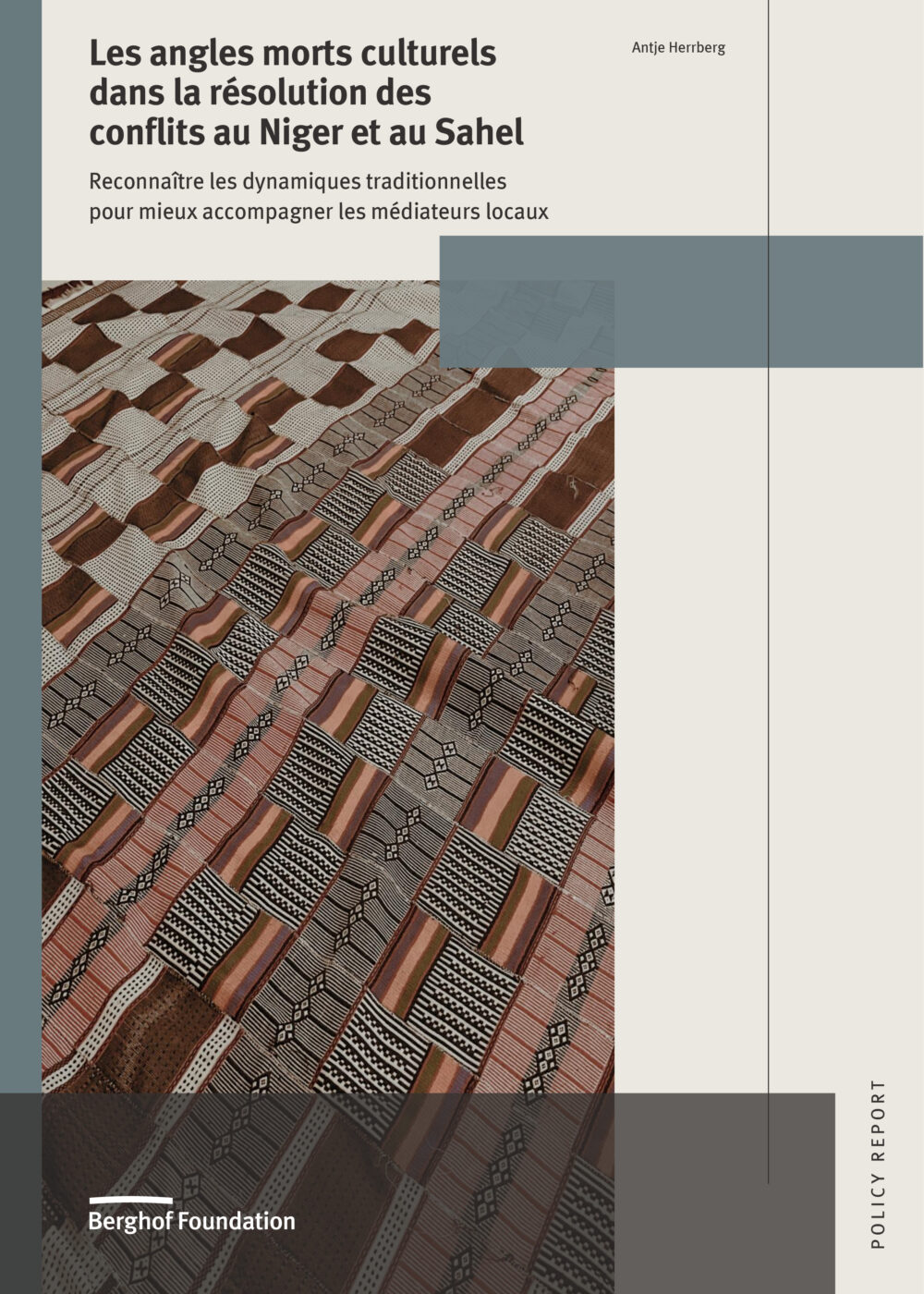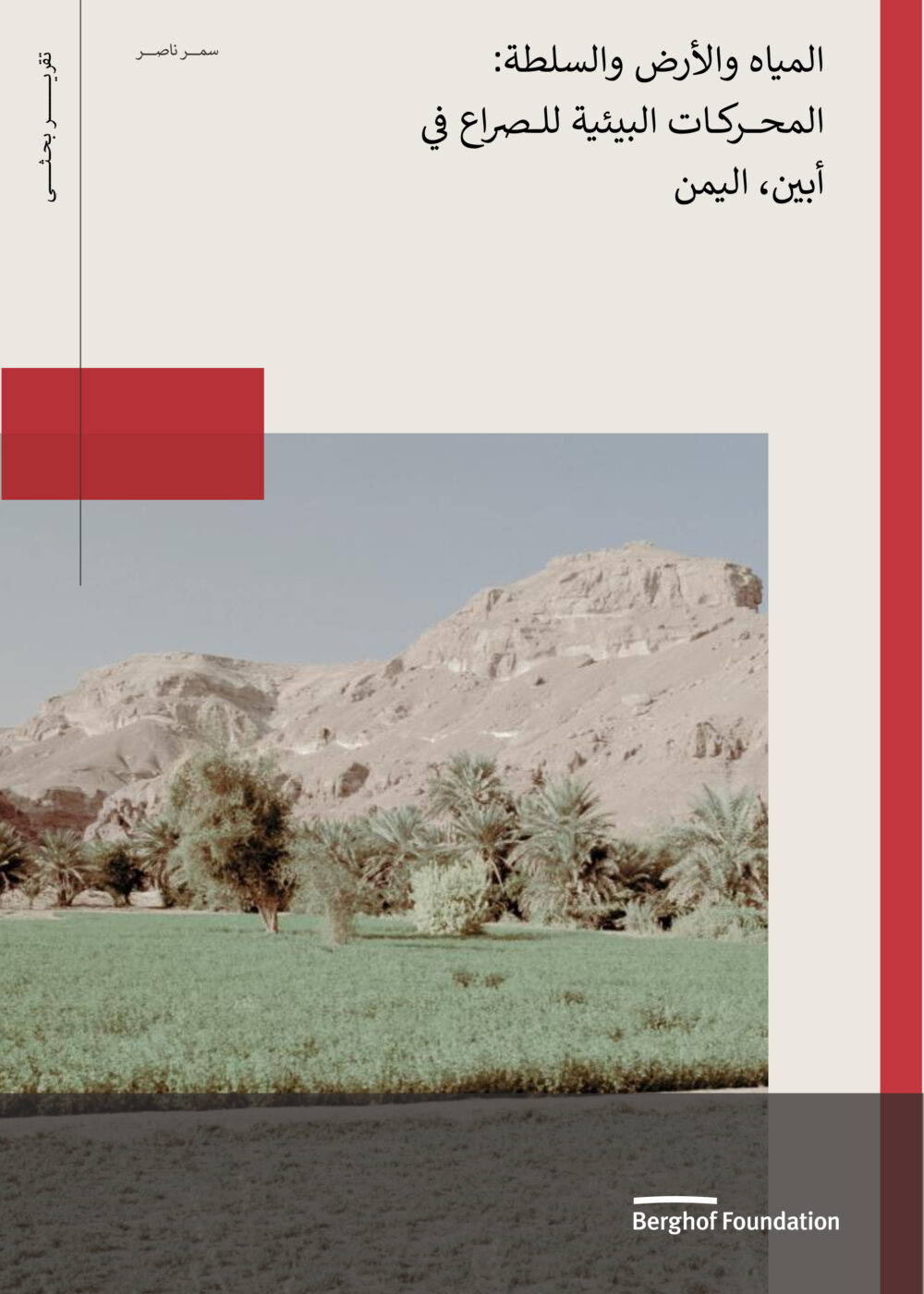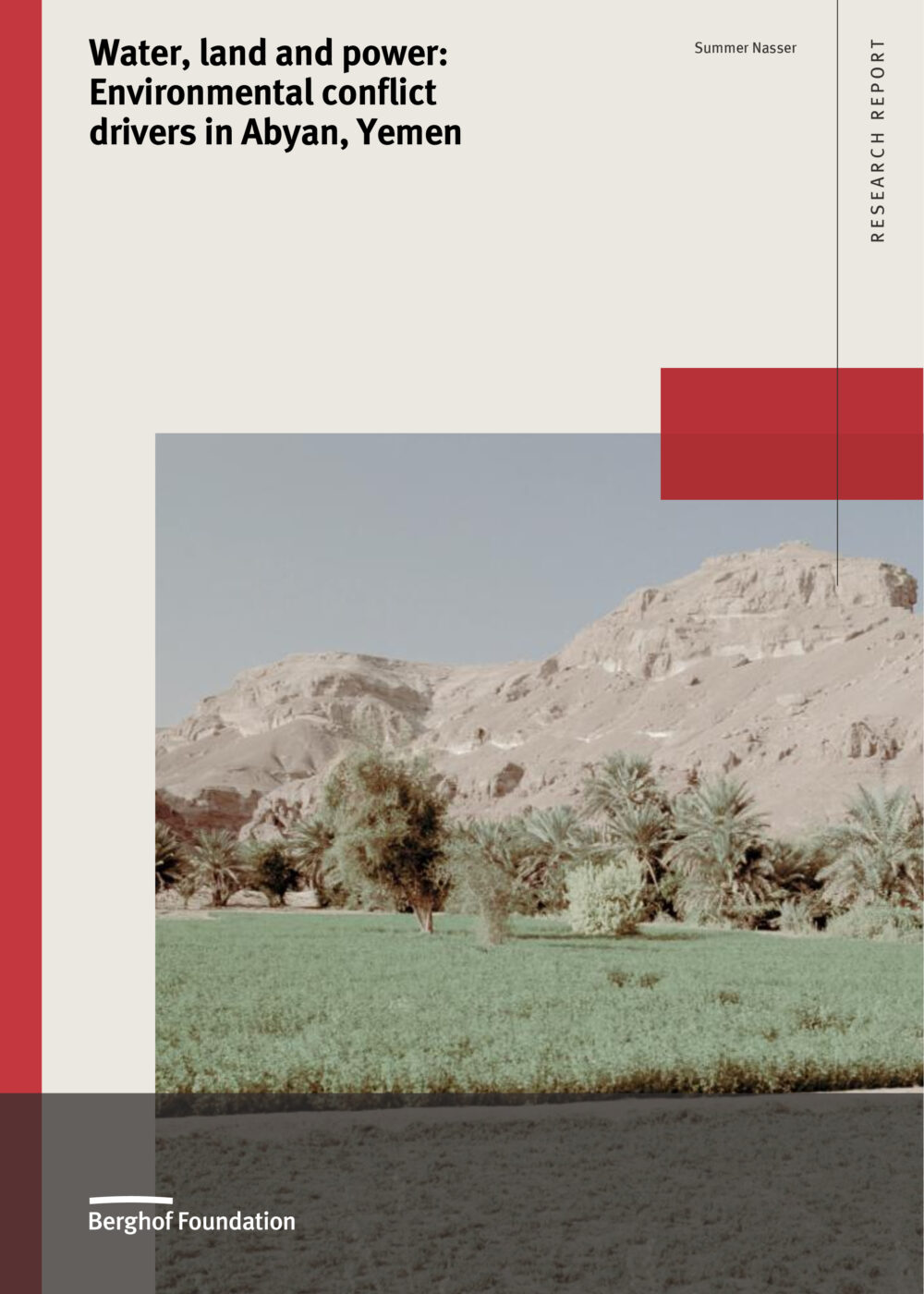2 Oct 2016
Traditional Institutions of Dispute Resolution in India
Experiences from Khasi and Garo Hills in Meghalaya (Case Study)
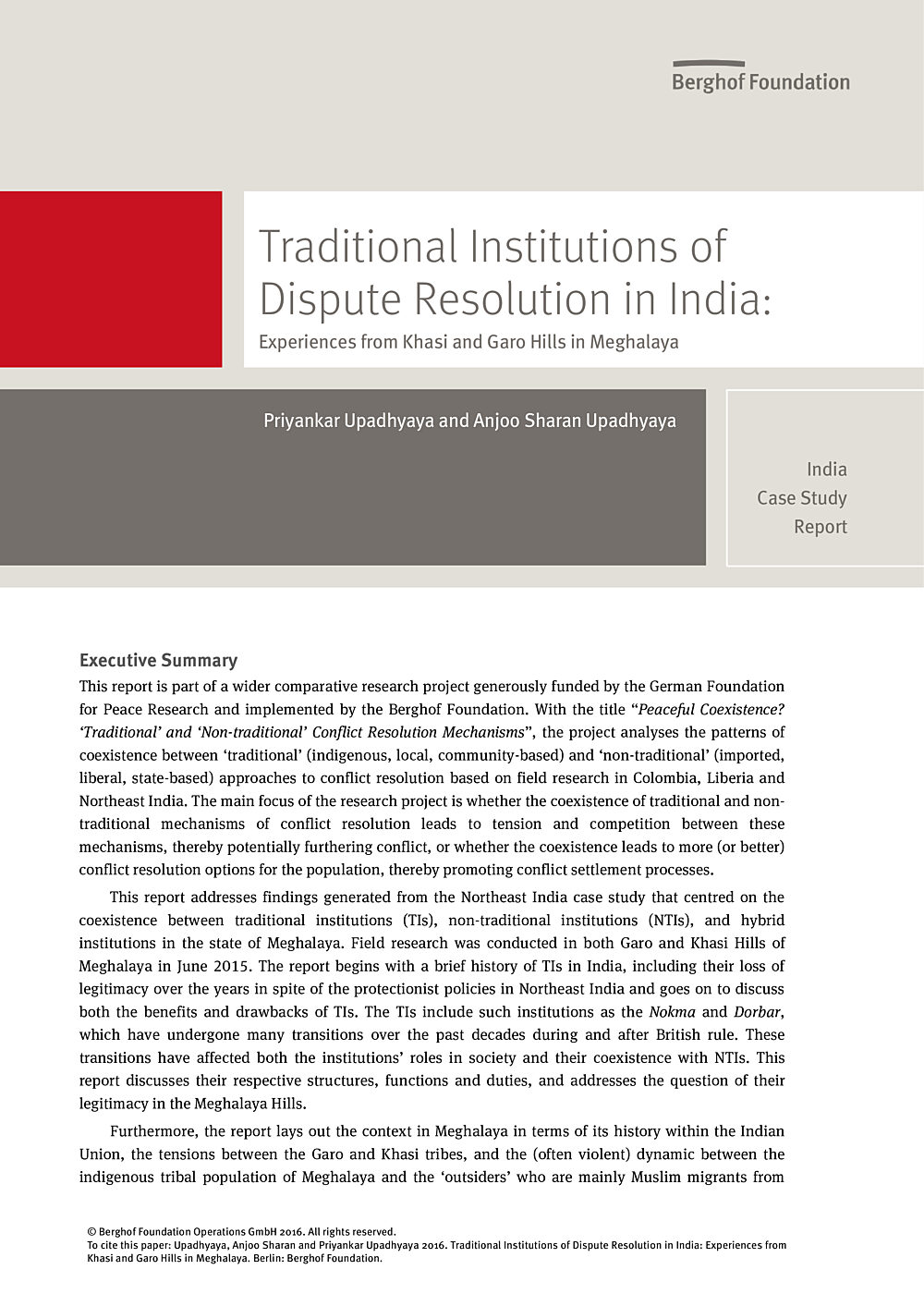
This report is part of a wider comparative research project generously funded by the German Foundation for Peace Research and implemented by the Berghof Foundation. With the title “Peaceful Coexistence? ‘Traditional’ and ‘Non-traditional’ Conflict Resolution Mechanisms”, the project analyses the patterns of coexistence between ‘traditional’ (indigenous, local, community-based) and ‘non-traditional’ (imported, liberal, state-based) approaches to conflict resolution based on field research in Colombia, Liberia and Northeast India. The main focus of the research project is whether the coexistence of traditional and non-traditional mechanisms of conflict resolution leads to tension and competition between these mechanisms, thereby potentially furthering conflict, or whether the coexistence leads to more (or better) conflict resolution options for the population, thereby promoting conflict settlement processes.
Authors
Priyankar Upadhyaya, Anjoo Sharan Upadhyaya
Thanks for your interest
If you find this publication useful, please consider making a small donation. Your support enables us to keep publishing.



